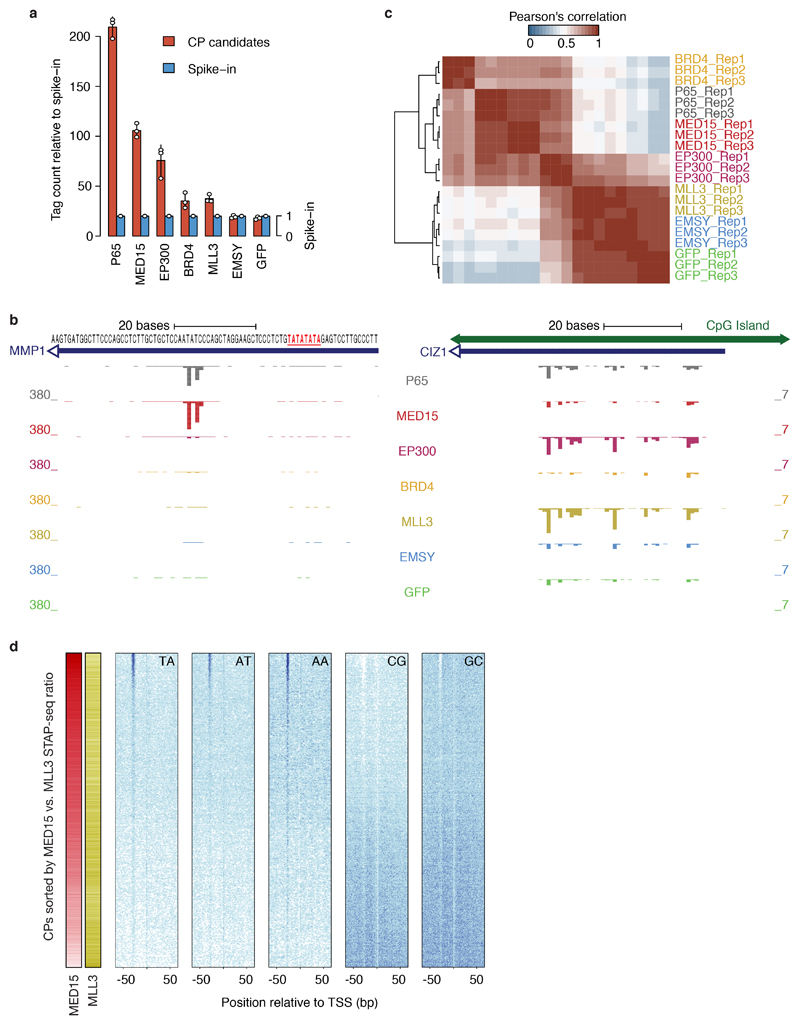Extended Data Figure 10 |. Sequence-encoded cofactor−core-promoter compatibility is conserved in human.
a, Total unique STAP-seq tag counts relative to spike-in for P65, GFP and five human cofactors (COFs) from COF-STAP-seq in human HCT116 cells. Bar heights: mean counts; error bars: standard deviation (SD); n=3 independent biological replicates for each COF). b, COF-STAP-seq signals (transcription initiation) activated by P65, and the five human COFs for the CPs of MMP1 (TATA-box promoter; left) and CIZ1 (CpG-island promoter; right; STAP-seq data: merge of 3 independent biological replicates). c, Hierarchical clustering of independent biological replicates for all tested human COFs based on Pearson’s correlation coefficients (PCCs) across 12,000 human CP candidates. d, Occurrence of different dinucleotides (TA, AT, AA, CG and GC) around TSSs in CPs sorted by the ratio between COF-STAP-seq signals with MED15 and MLL3, for 9,607 CPs activated by either COF.

